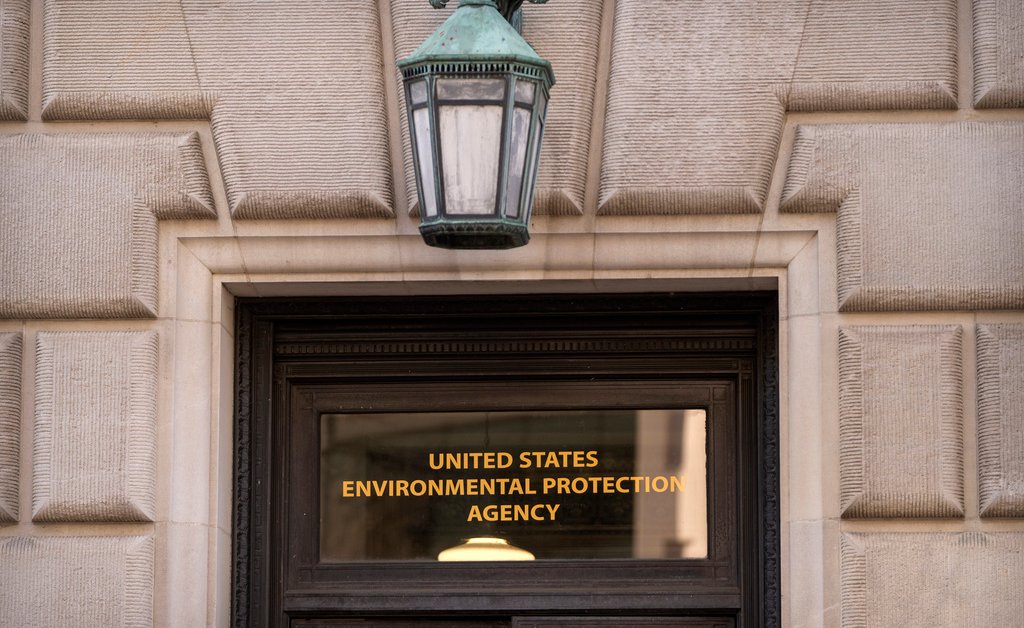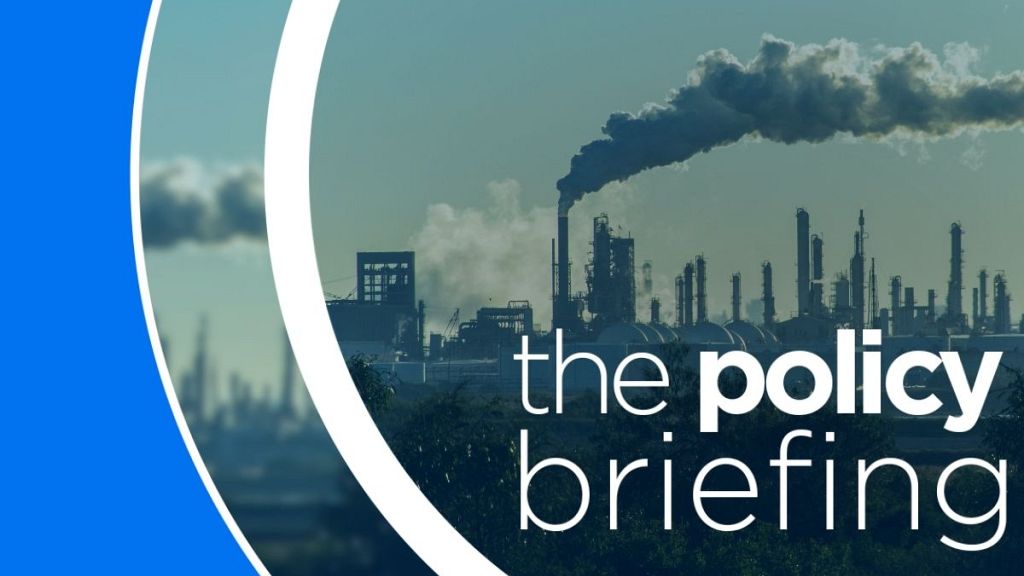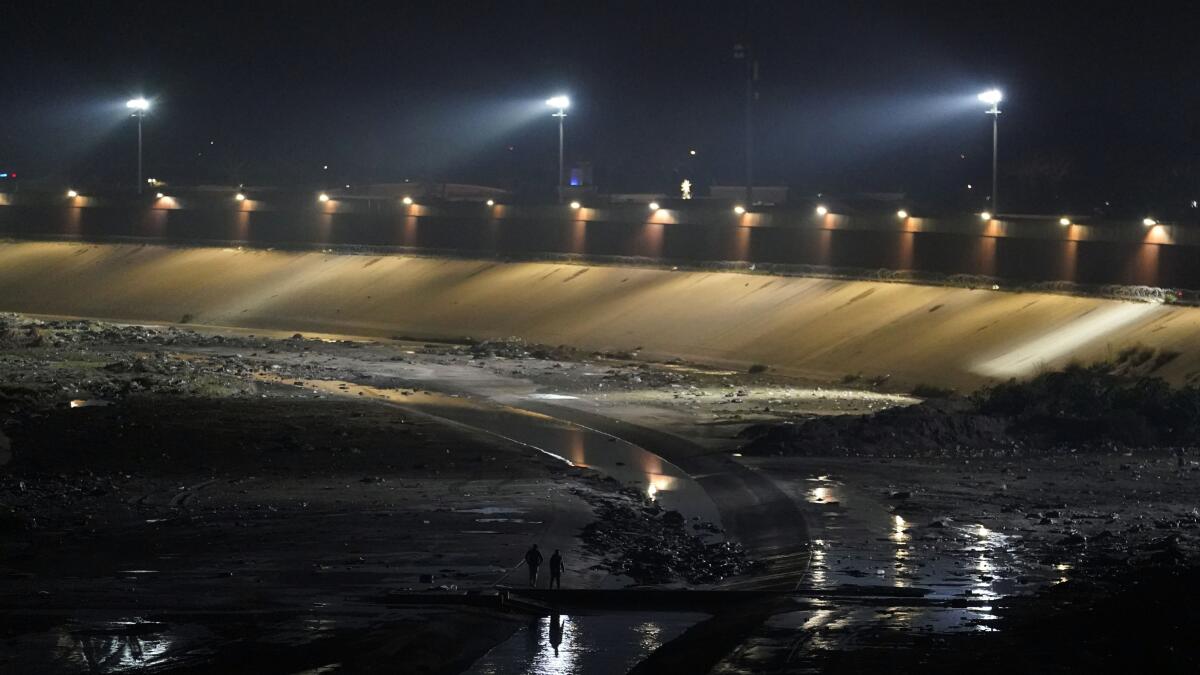Science Under Siege: EPA's Controversial Plan to Dismantle Research Division
Environment
2025-03-18 18:12:01Content

In a controversial move that could dramatically reshape environmental research, the Environmental Protection Agency (EPA) is poised to potentially eliminate over 1,000 scientific positions, raising serious concerns about the future of critical environmental and public health protection efforts.
The proposed staff reductions threaten to gut essential scientific teams responsible for groundbreaking research on environmental risks, climate change impacts, and human health assessments. These dedicated scientists play a pivotal role in developing evidence-based policies that safeguard communities and ecosystems across the United States.
Experts warn that such massive cuts could significantly compromise the agency's ability to conduct vital environmental monitoring, develop protective regulations, and respond to emerging ecological challenges. The potential loss of these highly skilled researchers represents more than just job cuts—it signals a potential retreat from scientific expertise in environmental policy-making.
The proposed reduction comes at a critical time when environmental challenges are becoming increasingly complex and urgent. Climate change, pollution, and emerging environmental health risks demand robust, scientifically rigorous approaches that could be severely undermined by these proposed staff reductions.
As the EPA contemplates these dramatic cuts, scientists, environmental advocates, and concerned citizens are raising alarm about the potential long-term consequences for public health and environmental protection.
Scientific Exodus: EPA's Controversial Workforce Reduction Sparks National Debate
In an unprecedented move that has sent shockwaves through the environmental and scientific communities, the Environmental Protection Agency (EPA) is preparing to implement a massive workforce reduction that could fundamentally reshape the landscape of environmental research and protection in the United States.Unprecedented Cuts Threaten Environmental Research and Public Safety
The Human Cost of Institutional Restructuring
The proposed staff reduction represents more than just a numerical adjustment in bureaucratic personnel. These potential job losses target some of the most critical scientific minds responsible for safeguarding public health and environmental integrity. Researchers who have dedicated decades to understanding complex environmental systems now find themselves facing professional uncertainty, with their groundbreaking work potentially being marginalized or completely discontinued. The implications of these cuts extend far beyond individual careers. Each scientist represents a repository of specialized knowledge accumulated through years of rigorous research, field studies, and meticulous data analysis. Their expertise has been instrumental in developing policies that protect air quality, water resources, and ecosystem health across the nation.Systemic Challenges in Environmental Policy and Research
The EPA's decision highlights deeper systemic challenges within environmental governance. Budget constraints, political pressures, and shifting institutional priorities are creating an increasingly hostile environment for scientific research. These cuts suggest a potentially dangerous trend of diminishing the role of scientific expertise in policy-making. Experts argue that reducing scientific capacity could have long-term consequences for environmental monitoring, climate change mitigation, and public health protection. The potential loss of over 1,000 researchers represents a significant erosion of institutional knowledge and research capabilities that cannot be easily replaced.Economic and Environmental Ramifications
Beyond the immediate human impact, these workforce reductions could have profound economic and environmental consequences. Scientific research at the EPA has historically been crucial in identifying environmental risks, developing mitigation strategies, and supporting evidence-based policy decisions. The potential reduction in scientific personnel might compromise the agency's ability to conduct comprehensive environmental assessments, monitor industrial pollution, and develop innovative solutions to emerging environmental challenges. This could potentially expose communities to increased environmental risks and undermine years of progress in environmental protection.Broader Implications for Scientific Integrity
The proposed cuts raise critical questions about the future of scientific research in government institutions. They reflect a growing tension between political agendas and scientific integrity, challenging the fundamental principle that environmental policy should be grounded in robust, independent scientific research. Researchers and environmental advocates are mobilizing to challenge these proposed reductions, arguing that scientific expertise should be valued and protected, not systematically dismantled. The ongoing debate underscores the critical role of scientific research in maintaining public health and environmental sustainability.Navigating Uncertain Terrain
As the EPA confronts these challenging decisions, the scientific community remains vigilant. The potential loss of expertise represents more than a bureaucratic restructuring—it symbolizes a critical moment in the ongoing dialogue about the role of science in public policy and environmental protection. The coming months will be pivotal in determining the future of environmental research and the institutional frameworks designed to safeguard our collective environmental heritage. Stakeholders from various sectors are closely monitoring developments, recognizing that the decisions made today will have far-reaching consequences for generations to come.RELATED NEWS
Environment

Wall Street's Titan Braces for Rough Waters: JPMorgan Faces Banking Storm
2025-04-13 20:55:25
Environment

Climate Crisis Countdown: Global Leaders Converge for Urgent Environmental Showdown
2025-03-24 10:01:55






